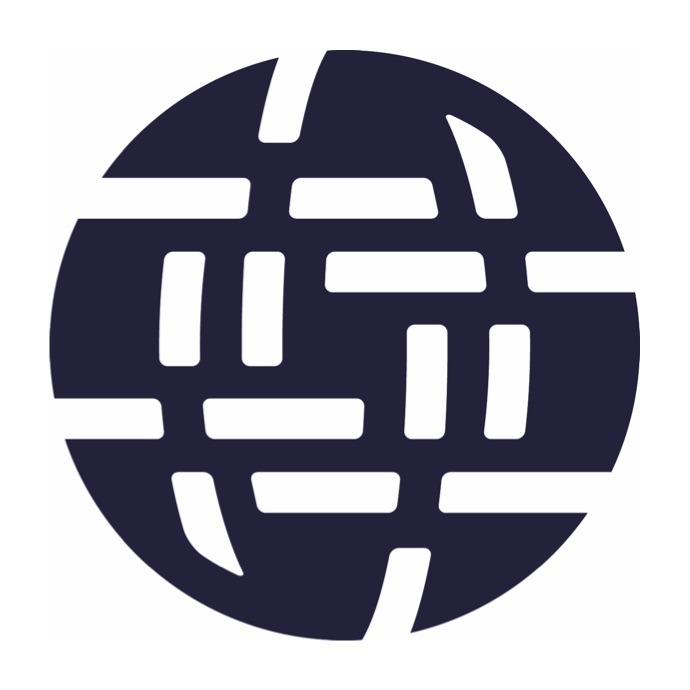I had the pleasure to coordinate the organization of this workshop with the support of some other Next Generation Leaders programme alumni and under the mentorship of ISOC.
The aim of this workshop is to explore the tension between two fundamental aspirations of the individual: on the one hand IPRs, and notably copyright, have been essential in order to protect creators against free riders over the last centuries. On the other hand, the right of the general public to “impart and receive information and ideas”, which is the essence of the freedom of expression and information and which we have decided to rejuvenate calling it “freedom to share”.
The workshop has started with the intervention of Jack Passmore and Rebecca Cawtorne, from the youth IGF project of Childnet, a British NGO. Rebecca and Jack have provided a true kick start to the workshop, by sharing their standpoint and explaining to the panel what element could make it more compelling for young people to use legal services.
A general agreement has crystallised on the need of better education both on the side of teachers and students in order to let youngsters understand the challenges of the digital ecosystem.
The discussion evolved underscoring the need for harmonisation and legal certainty. Indeed, as it has been highlighted by one of the numerous attendees the current status of copyright law is “quite messy”. Particularly, the need for copyright exception harmonization has been underscored by several interventions as well as the risks of the establishment of costly mechanisms of graduated response. To this latter extent it has been analysed the Memorandum of Understanding which has recently been proposed in the USA. It has been stressed that the fact that the aforementioned MoU will be implemented by only three ISPs will provide the opportunity of checking the efficiency of the 6 strikes technique by comparing it with the anti-piracy measures undertaken by other ISPs.
Moreover, the panel has analysed the recently proposed PIPA and SOPA as well as ACTA, concluding that although their elaboration could seem the effort of a multistakeholder process, when compared to traditional law-making, more multistakeholderism is needed when it comes to internet-related issues, as it has been expressed by the online as well as the offline protests which have seen the participation of millions of “netizens” during the current year.
Probably an interesting formula for copyright 2.0 could be: education + clarification + harmonization + multistakeholderism.
